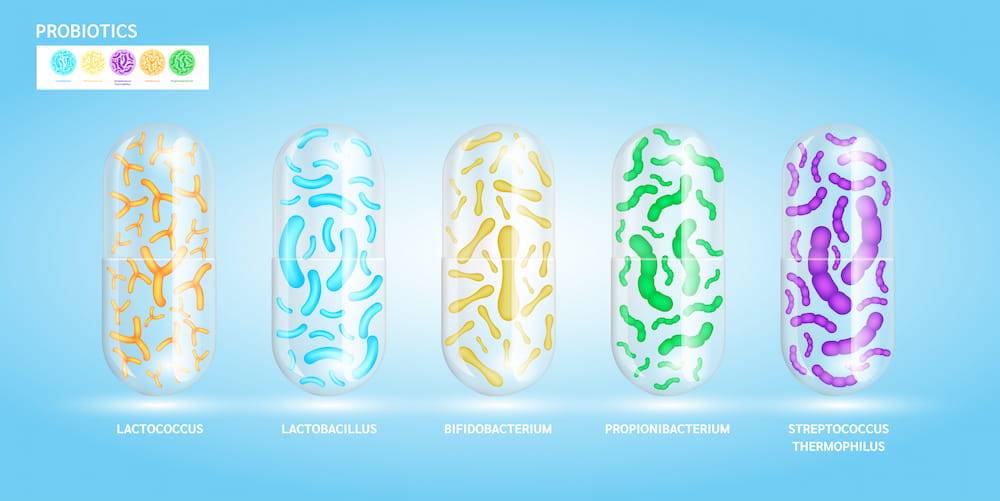

The Yin and Yang of Gut Health
In our gut, trillions of bacteria play different roles—some good, some bad, and some utterly fantastic. Firmicutes and Bacteriodetes are some of the fantastic types of bacteria that dominate the gut microbiome. These bacteria help our bodies in various unexpected ways. “Just imagine the wonders they hold!”. So let us dive into knowing our guts' most fantastic microbes and how their balance affects our overall health and not just our gut microbiome.
Fantastic Firmicutes:
Fantastic Firmicutes are renowned for their role in extracting energy from our food. These bacteria can break down those carbohydrates that can’t be digested by the body’s enzymes, such as dietary fiber and resistant starch. When bacteria ferment dietary fibers, they produce metabolites, including vitamins and short-chain fatty acids, like butyrate. Butyrate helps prevent inflammation and fuels the gut lining cells, which maintains a healthy colon. They constitute about 39% of gut bacteria in healthy adults but may increase to as high as 80% in an imbalanced microbial community. Increased levels of Firmicutes have been associated with Crohn’s disease (CD) and Ulcerative Colitis (UC).
Brillant Bacteroidetes:
Brillant Bacteroidetes, also a prominent phylum in the human gut microbiome, showcases remarkable adaptability to its surroundings. Its influence on the gut function is bidirectional, with studies revealing direct modulation by intestinal Bacteroides strains. Key benefits include efficient breakdown of complex carbohydrates, yielding short-chain fatty acids (SCFAs) like acetate, propionate, and anti-inflammatory butyrate. These SCFAs serve as energy for colonocytes, upholding gut barrier integrity. Despite potential anti-inflammatory actions, some Bacteroidetes members can promote inflammation and act as opportunistic pathogens. Additionally, they play a role in releasing toxic products from protein breakdown.
The Yin and Yang of Gut Health:
The ratio between Firmicutes and Bacteroides is often considered a reflection of gut health. An imbalance, known as dysbiosis, can have far-reaching consequences. The f/b ratio increases with age. Studies suggest that an increased ratio of f/b is linked to disordered microbiota, inflammation, metabolic disorders, and even autoimmune conditions. It is also known that higher Firmicutes and lower Bacteroides ratio are observed in obese individuals. A decreased f/b ratio can lead to Inflammatory Bowel Disease (IBD). This means that the f/b ratio is directly linked between microbial composition and health management.
Conclusion:
In essence, Fantastic Firmicutes and Brilliant Bacteroidetes are beneficial for our gut. Yet, when their balance wavers, it can lead to issues. An imbalance, akin to disrupting the Yin and Yang of our body, invites troubles like inflammation and metabolic hiccups.
Let's strive for maintaining this delicate equilibrium for our overall well-being.
Reference
Bacteroides: the Good, the Bad, and the Nitty-Gritty
Gut Bacteroides species in health and disease

